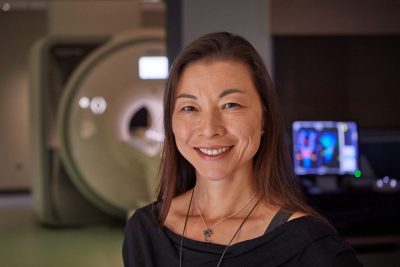UConn researchers published 4 articles supported by IBRAiN fellows from 2022-2023. Congratulations to the authors!
Prystauka, Y., Altmann, G. T., & Rothman, J. (2023). Online eye tracking and real-time sentence processing: On opportunities and efficacy for capturing psycholinguistic effects of different magnitudes and diversity. Behavior Research Methods, 1-19.
Prystauka, Y., Wing, E., & Altmann, G. (2023). Investigating the interplay between morphosyntax and event comprehension from the perspective of intersecting object histories. Journal of Experimental Psychology: Learning, Memory, and Cognition.
Wei, Y., Hancock, R., Mozeiko, J., & Large, E. W. (2022). The relationship between entrainment dynamics and reading fluency assessed by sensorimotor perturbation. Experimental Brain Research, 240(6), 1775-1790.
Zhang, X., & Santaniello, S. (2022). Optimal and Adaptive Stimulation Design. Handbook of Neuroengineering, 1-64.

